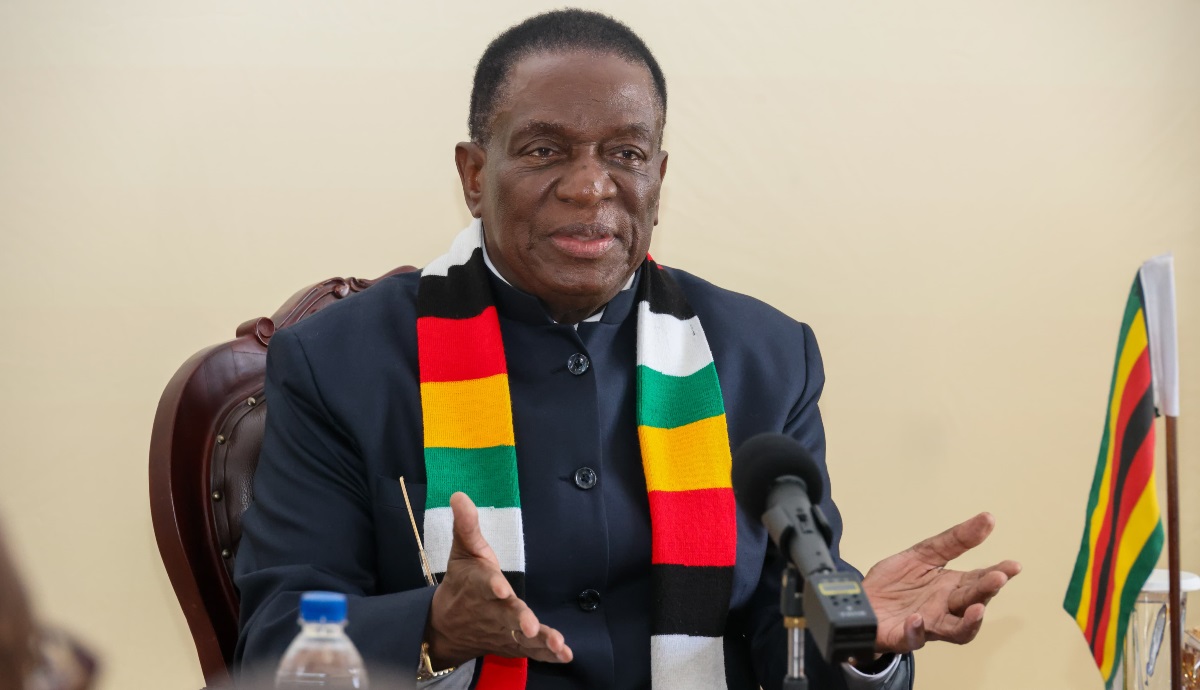Harare, Zimbabwe – As speculation grows over how President Emmerson Mnangagwa could remain politically relevant or in office until 2030, political commentator Professor Jonathan Moyo has stoked controversy by suggesting that Zanu-PF could legally extend the president’s current term without holding a referendum.
Prof Moyo argues that the Constitution allows Parliament to amend the length of a presidential term—currently five years under Section 95(2)(b)—through a two-thirds majority vote, without triggering the referendum required for altering term-limit provisions.
He stresses the legal distinction between term limits (how many terms a president may serve) and term length (the duration of each term).
“The term-limit clause, Section 91(2), restricts the number of terms a person may hold office. But the duration of a term under Section 95(2)(b) can be varied by Parliament alone,” Moyo wrote on X (formerly Twitter), citing Section 328(5).
Opposition voices have challenged this interpretation. Senator David Coltart insists that any move to extend Mnangagwa’s term falls under protected term-limit clauses and would require two national referenda.
“Even if another term isn’t sought—just an extension of a few years—any such amendment involving an incumbent would still require two referenda,” Coltart said. “It is disingenuous to suggest Zanu-PF’s 2024 resolution can bypass this process.”
Moyo, however, cited the 2021 Constitutional Court ruling in Marx Mupungu v Minister of Justice, which clarified that term-limit provisions only concern the number of terms served, not their duration. He added that if Section 95(2)(b) were amended to seven-year terms, Mnangagwa could remain in office until 2030—aligning with Zanu-PF’s Vision 2030 plan—without violating constitutional limits.
Political analyst Mxolisi Ncube warned that Moyo’s interpretation could represent a loophole to entrench power, emphasizing the need for public consultation before such constitutional changes.
Meanwhile, constitutional scholar Dr Justice Mavedzenge outlined another scenario that could extend Mnangagwa’s influence beyond 2028 without amending the Constitution. Speaking on CITE’s This Morning Asakhe X Space, he explained that if the president resigned before completing three years of his term, the vice president could act as president, allowing Mnangagwa to return later and still remain within constitutional bounds.
Dr Mavedzenge also noted moves to reconfigure the vice presidency and tensions surrounding Vice President Chiwenga, suggesting a possible strategic reshuffle within the presidency. He cautioned that Zimbabwe’s constitutional safeguards remain fragile due to weak democratic institutions, stressing that a strong judiciary, civil society, and opposition are essential for true constitutionalism.
As Zimbabwe edges closer to the 2028 elections, the debate over Mnangagwa’s tenure could evolve into one of the country’s most defining constitutional battles, with legal interpretations, political manoeuvres, and party strategies all set to shape the nation’s political future.

For comments, Feedback and Opinions do get in touch with our editor on WhatsApp: +44 7949 297606.
